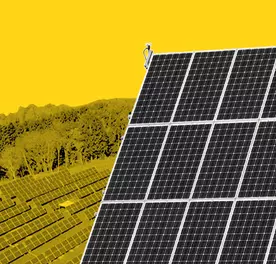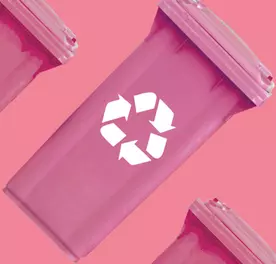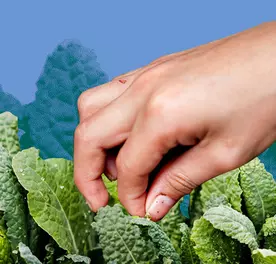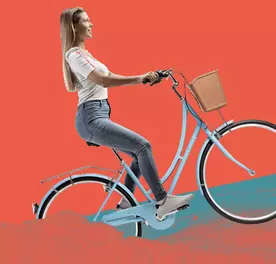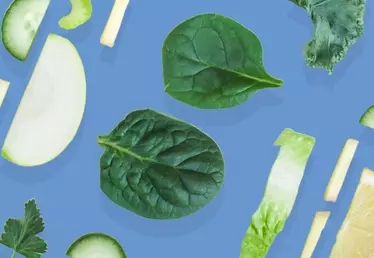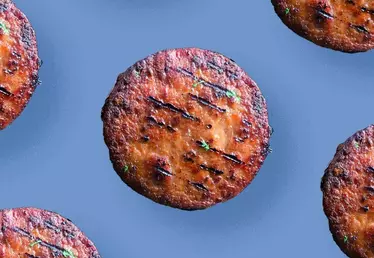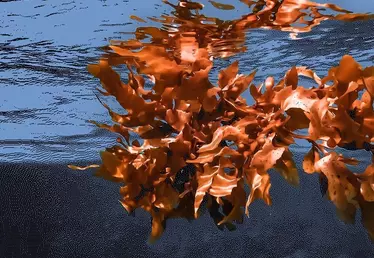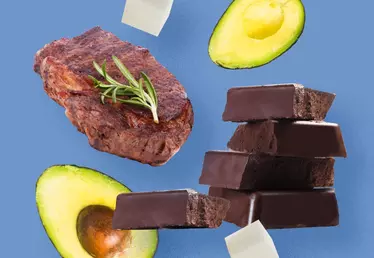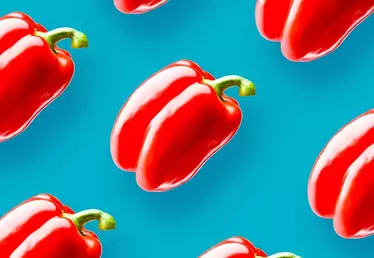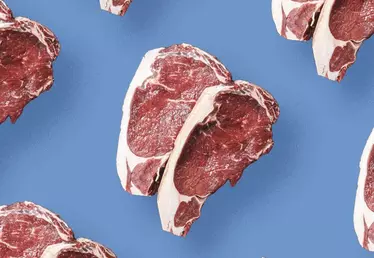

Hero banner custom title
“We forgot how to use the entirety of the food we buy”
10 min
In their book "Cuisine zéro déchet", Belgian chefs Madeline Escafit and Laura Perahia explain how to prepare delicious zero-waste recipes. In this interview, Madeline Escafit outlines some tips and tricks on where to begin...
Was there a specific moment in history when food scraps and leftovers became waste?
I think that we shifted into becoming a consumer society sometime after World War 2, in the early 60s. At that time we had the possibility to buy a lot. It was really nice to suddenly have all these options. But as a result, we started forgetting what our grandmothers - our elders - used to do, which is to use the entirety of the food they bought. That’s exactly what we suggest our readers do in our book, to use as much as possible and try to go back to previous practices. Back in the day, we would keep everything, we threw nothing away. Everything was used and if it wasn’t consumed by humans, there were pigs and chickens to give fodder to. It was a virtuous circle, simply because it was important and it was our food, it wasn’t something you just threw away.
I really think from that moment on, society became frenzied with consumption and it became automatic, waste became anchored in our habits. Nowadays, we chuck things away out of habit and not out of a conscious choice. We forget to ask ourselves: “Hmm, maybe I could use or keep this?”
In your opinion, how significant is food waste in the struggle to combat environmental degradation?
For me, it’s hugely important. It’s serious. Today, a third of the food produced in the world ends up in the bin. So environmentally-speaking, it’s enormous and we don’t realise it. There’s also an inconsistency because in the face of this statistic, one in eight people suffer from malnutrition globally.
Today, a third of the food produced in the world ends up in the bin.
Food waste creates a lot of pollution, too. Not only in the resources required to produce the food itself, but in the resources it takes to break it down after it is chucked away. We have to manage all the waste and that in itself takes a lot of energy.
As consumers, how can we do our food shopping in a way that reduces waste?
It requires quite a bit of organisation at first, in order not to get overwhelmed. Start off by planning what you’re going to eat and choose specific recipes. Make shopping lists according to those recipes and your meal plan, to ensure that you only buy what you need. This prevents excess buying and having things sit in your cupboard or fridge that’s not going to be used. So generally speaking, try and optimise the food that you have… you’ve paid for it! Oh and make sure you don’t do your food shopping on an empty stomach.
“Nowadays, we chuck things away out of habit and not out of a conscious choice.”
What are some tips or unique recipes you can share to avoid food waste in our kitchens?
Coffee grounds are a great one. Keep your coffee grounds after you’ve used them, put them in a box in the fridge. Once you have the right amount, bury your vegetables in the coffee grounds. It’s actually an old technique that was used when we used to dig a hole in the ground to make an oven. You’ll mostly be using root vegetables here like beetroot, carrots, parsnips. Then you stew them for several hours. The vegetables will take on a little coffee taste and will cook with their own humidity as well as the humidity of the coffee grounds. It’s a delicious result! The vegetables are a bit crunchy… it’s one of our winning recipes. Combined with a little hazelnut sauce and the recipe is complete.
Then there’s old, stale bread. It’s actually hugely versatile. It can be used to make breadcrumbs that can then be used to make fish sticks. It can be used to make a sort of bread crumble with roasted aubergine and tomato sauce, or a bread pudding with cranberries…
In our book, we chose to stay accessible. The idea was to show that zero waste is within everyone’s reach. So our list of ingredients is always quite short, it’s always things that we can find at home. Everyone can become zero waste!
Share it:



